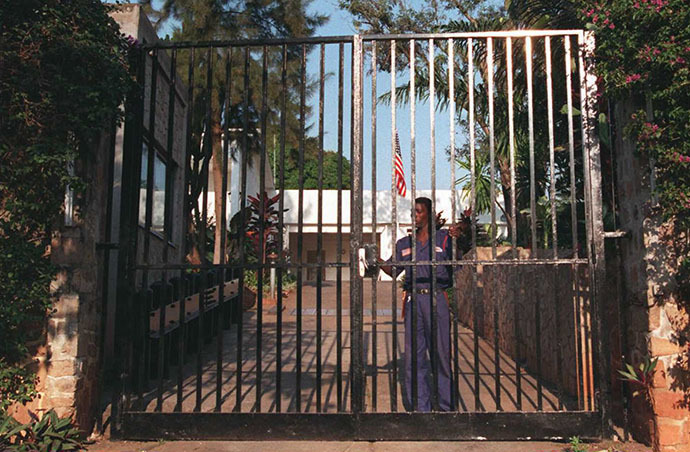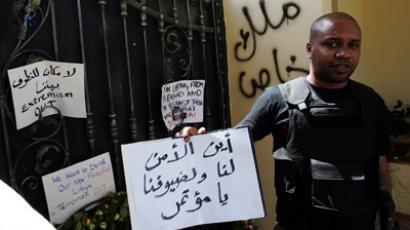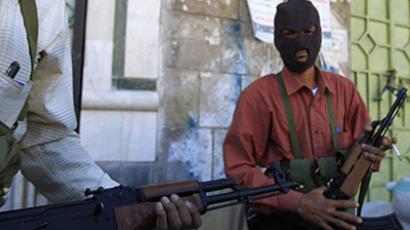US embassies to remain closed over most serious Al-Qaeda threat in years
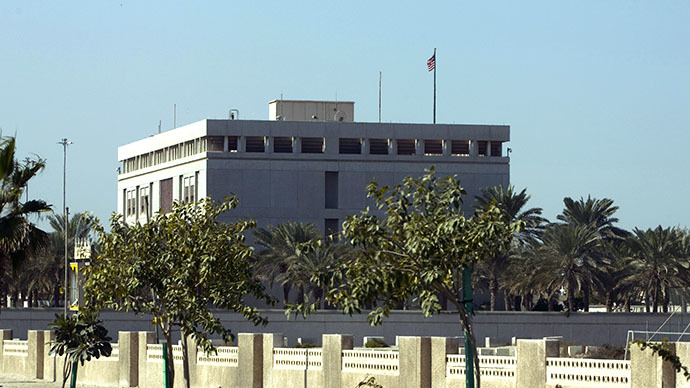
The US extends its embassy closures through August 10, State Department has announced. The Al-Qaeda threat that forced US and European embassies in the Middle East and North Africa to shut down is the most serious in years according to a US lawmaker.
Although some of the US diplomatic posts are scheduled to reopen on Monday, including those in Kabul, Baghdad and Algiers, most of 22 US embassies that were shut down on Sunday will remain closed for another week.
The posts that will be closed through Saturday include: Abu Dhabi, Amman, Cairo, Riyadh, Dhahran, Jeddah, Doha, Dubai, Kuwait, Manama, Muscat, Sanaa, Tripoli, Antanarivo, Bujumbura, Djibouti, Khartoum, Kigali, and Port Louis.
The extension comes as an “exercise of caution” and not due to new threats, the US State Department emphasized.
The UK Foreign Office meanwhile announced the mission in the Yemeni capital Sanaa would remain closed until the end of the Muslim holiday of Eid on Thursday.
Over the weekend a number of US officials have described the
threat as “big”,“strategically significant” and
“the most serious in years” also claiming that the terror
groups were allegedly in the final stages of planning the
operation.
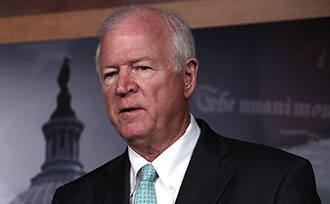
Senator Saxby Chambliss, the top Republican on the Senate Intelligence Committee, told NBC’s Meet the Press that the “chatter” among suspected terrorists was reminiscent of the period running up to 9/11.
The terrorist “chatter” was picked up by a National Security Agency (NSA) program that electronically monitors communications through mobile phones and emails and was one of the surveillance programs leaked to the press by former NSA contractor Edward Snowden.
It is these programs that allowed the US to “gather this chatter” said Chambliss. “If we did not have these programs then we simply wouldn’t be able to listen in on the bad guys.”
Adam Schiff, a Democrat on the House Intelligence Committee, characterized the threat as being based on specific intelligence rather than general threats against the US.
“This is not the usual type of chatter. It had to be corroborated or come from very reliable sources to take this kind of action,” he said on CNN’s State of Union program.
There is also a growing belief among intelligence officials and lawmakers that Al-Qaeda is stronger now than it was before 9/11.
“Al-Qaeda is in many ways stronger than it was before 9/11, because its mutated and spread and it can come at us from different directions,” Peter King, a republican, told ABC’s “This Week” program.
“Al-Qaeda in the Arabian Peninsula is probably the most deadly
of all the Al-Qaeda affiliates,” he added.
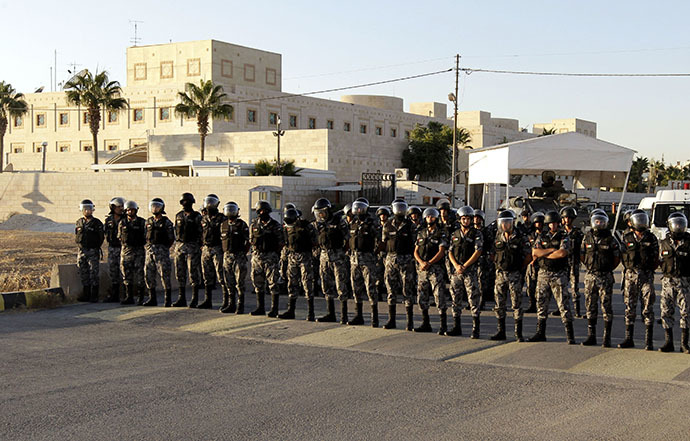
After a meeting Saturday President Obama’s top security officials decided to shut 22 embassies across the Middle East and North Africa as a precaution.
The threats have also caused France, Germany and Britain to close their embassies in Yemen.
While Interpol the French based international police agency, issued a global security alert on Saturday advising its member states to increase their vigilance in the wake of a string of prison breaks in Pakistan, Iraq and Libya. Al-Qaeda has already claimed responsibility for busting open jails in Pakistan and Iraq, in which some of their senior operatives were locked up.
A US intelligence official told Reuters that there was some disagreement in the intelligence community as to whether the potential target was Yemen or the whole region, which is why the State Department’s warning included the whole Arabian Peninsula.
Senator Lindsey Graham, a Republican, said on CNN that the pre-emptive actions taken by the Obama administration showed that lessons have been learned since the disastrous Benghazi attacks last year, in which four people including the US ambassador were killed.
“Benghazi was a complete failure. The threats were real there.
The reporting was real. And we basically dropped the ball,” he
said.
